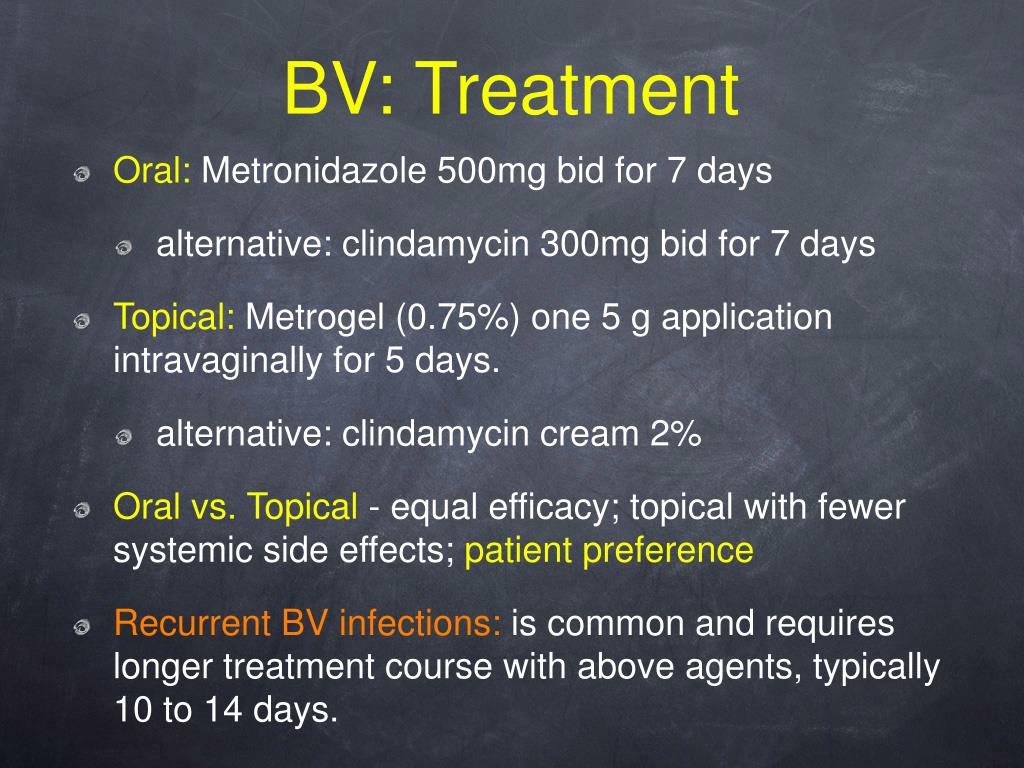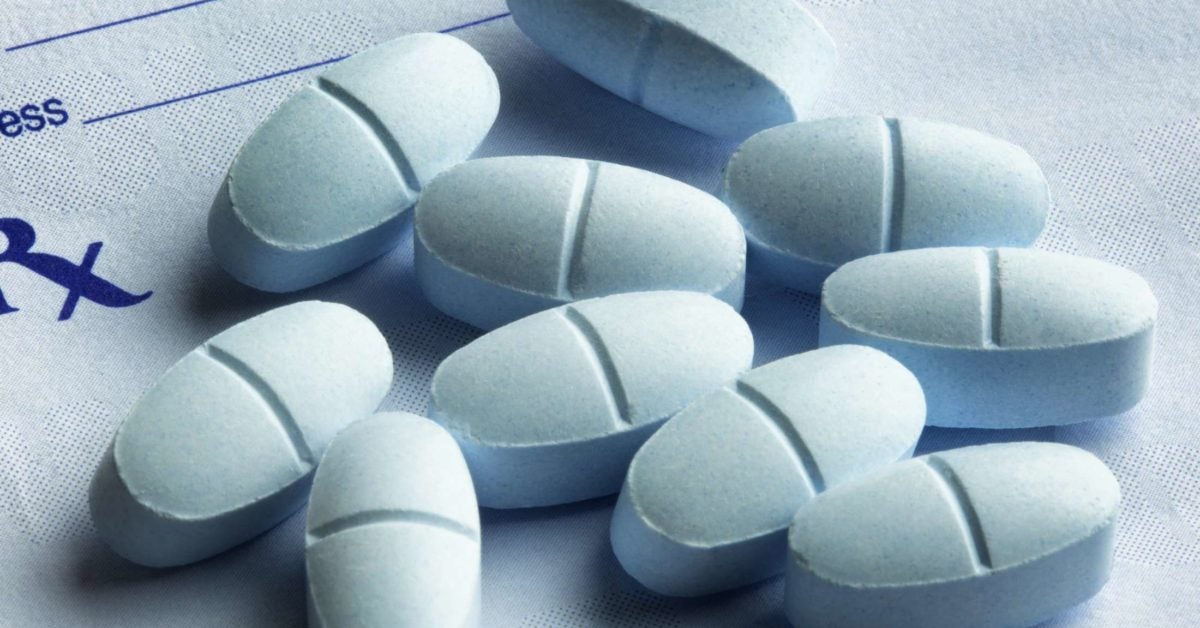
In very rare cases, this can lead to a serious allergic reaction (anaphylaxis), which is a medical emergency. Some people may have an allergic reaction to antibiotics, especially penicillin and another type of antibiotic called cephalosporins. Most antibiotics do not cause problems if they're used properly and serious side effects are rare. Side effects of antibioticsĪs with any medicine, antibiotics can cause side effects. If you accidentally take more than 1 extra dose of your antibiotic, are worried or you get severe side effects, speak to your GP or call NHS 111 as soon as possible. There's an increased risk of side effects if you take 2 doses closer together than recommended.Īccidentally taking 1 extra dose of your antibiotic is unlikely to cause you any serious harm.īut it will increase your chances of getting side effects, such as pain in your stomach, diarrhoea, and feeling or being sick.

Do not take a double dose to make up for a missed one. In most cases, you can take the dose you missed as soon as you remember and then continue to take your course of antibiotics as normal.īut if it's almost time for the next dose, skip the missed dose and continue your regular dosing schedule. If you're not sure, speak to a pharmacist or a GP. If you forget to take a dose of your antibiotics, check the patient information leaflet that came with your medicine to find out what to do. injections – these can be given as an injection or through a drip directly into the blood or muscle, and are used for more serious infections.
#Clindamycin cream side effects skin#

Antibiotic resistance is a big problem – taking antibiotics when you do not need them can mean they will not work for you in the future. When it comes to antibiotics, take your doctor's advice on whether you need them or not. Many mild bacterial infections get better on their own without using antibiotics.Īntibiotics do not work for viral infections such as colds and flu, and most coughs.Īntibiotics are no longer routinely used to treat: They work by killing bacteria or preventing them from spreading. But they do not work for everything. Antibiotics are used to treat or prevent some types of bacterial infection.


 0 kommentar(er)
0 kommentar(er)
